1. Raw Milk Sales
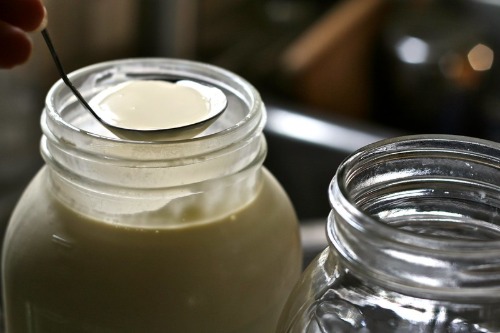
In states like Iowa and Montana, selling raw milk is completely banned due to concerns over bacteria like Listeria and Salmonella. But head to California or Pennsylvania, and you’ll find raw milk being sold at farmers markets and health food stores—sometimes even celebrated as a wellness trend. Enthusiasts claim it’s more nutritious and better for digestion, and there’s a vocal community of advocates. Nationally, though, the FDA prohibits interstate sales, so the issue rarely reaches the federal spotlight.
It’s a perfect example of how food safety and food freedom collide in America. Some states frame it as a public health risk, while others see the ban itself as government overreach. Meanwhile, most people outside this debate don’t think twice about what kind of milk they’re drinking. It’s not just about dairy—it’s a question of personal choice versus public protection.
2. Fireworks
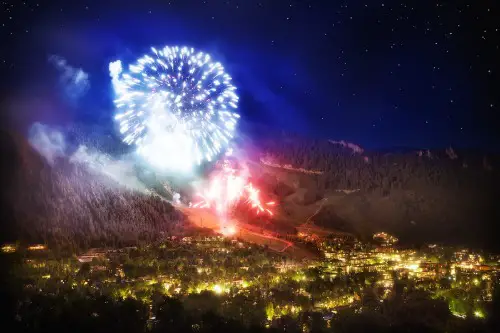
Massachusetts bans most consumer fireworks, citing safety concerns and hospital visits around the Fourth of July. But drive just a few hours to New Hampshire, and fireworks stores line the highway with huge neon signs and patriotic displays. The business is booming—literally and economically—and locals see it as a festive tradition. Nationally, the federal government regulates only explosive content, leaving the rest to the states.
Some Americans think of fireworks as a dangerous nuisance; others see them as essential Americana. It’s a tradition versus risk debate that plays out every summer, usually unnoticed by the rest of the country. For New Hampshire, fireworks are freedom; for Massachusetts, they’re a hazard. The irony? A lot of Bay Staters cross the border to buy them anyway.
3. Pit Bulls

In Denver, pit bulls were banned for decades under breed-specific legislation until a 2020 ballot measure reversed it. Meanwhile, cities like San Francisco and Miami-Dade still restrict or ban the breed outright. But in places like Oklahoma or Texas, pit bulls are embraced and even celebrated—some counties use them in public service campaigns to boost shelter adoptions. At the federal level, there’s no law specifically targeting any dog breed.
The controversy centers on whether certain breeds are inherently dangerous or just misunderstood. Advocates argue that temperament depends on training and environment, not genetics. Opponents cite statistics on dog bites to justify the bans. Nationally, the issue is mostly ignored, but it’s fiercely debated in city councils and dog parks across the country.
4. Flavored Vapes
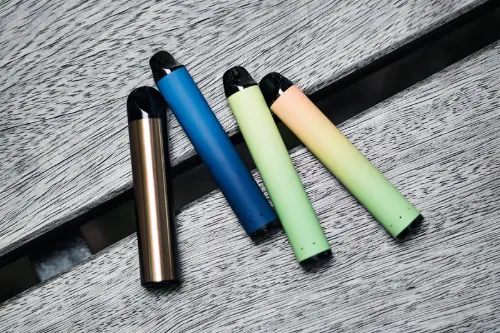
Massachusetts and California have banned flavored e-cigarettes, arguing they target youth and contribute to rising teen nicotine addiction. But in places like Florida, vape culture is thriving, with shops offering everything from cotton candy to mango punch flavors. The community there leans libertarian, with many viewing bans as an overstep of government authority. Federally, the FDA has taken some steps, but enforcement is inconsistent and easily circumvented.
Flavored vape supporters say adults enjoy the variety and use it to quit smoking traditional cigarettes. Critics point to kids sneaking mango cartridges into school. The cultural disconnect is clear—what’s a gateway drug in one state is a lifestyle choice in another. Meanwhile, nationally, the issue simmers without a clear stance.
5. Rainwater Collection
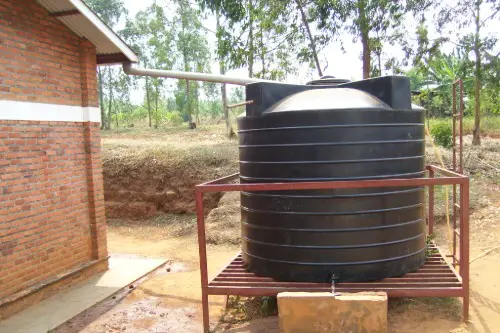
In Colorado, collecting rainwater was illegal until just a few years ago—and even now, it’s restricted to two barrels per household. The law originally aimed to protect downstream water rights, especially in arid areas dependent on complex irrigation systems. But in Oregon and Washington, rainwater harvesting is encouraged and even incentivized through sustainability programs. Nationally, there’s no federal law addressing the issue.
The difference highlights how local ecosystems and old legal frameworks influence environmental policy. In wetter states, it’s common sense to save water. In drier ones, it’s a matter of who legally owns it once it falls. It’s one of those things people assume is always allowed—until they get a fine for it.
6. Alcohol Sales on Sunday
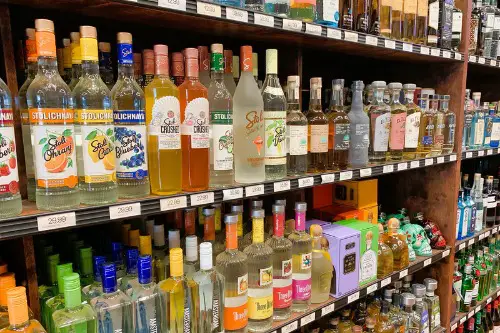
In Indiana, until recently, it was illegal to buy alcohol in stores on Sundays—a holdover from so-called “blue laws.” Meanwhile, Louisiana practically turns Sunday into a celebration, with drive-thru daiquiri stands and loose open-container laws. The contrast is stark: sacred time versus social time. Nationally, there’s no federal law banning Sunday sales, so it’s left to states—and even counties—to decide.
It’s not just about drinking; it’s about how communities define their values. Some see Sunday as a day of rest, others as part of the weekend to unwind. In places where laws have relaxed, there’s been little change in alcohol abuse rates, which complicates the moral argument. Most Americans don’t even realize these restrictions still exist in parts of the country.
7. Recreational Marijuana
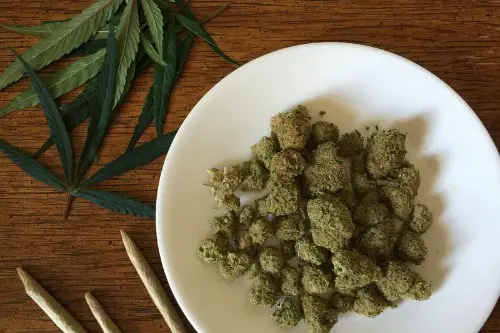
In Idaho, possession of even small amounts of marijuana can lead to jail time. Just a few miles west, in Oregon, you can legally walk into a dispensary and buy an edible, a pre-roll, or cannabis-infused soda. Oregon even celebrates 4/20 with festivals and public events. Federally, marijuana remains a Schedule I drug, though enforcement has been inconsistent.
This patchwork approach has created confusion—and sometimes arrests—for people crossing state lines. What’s medicinal in one place is criminal in another. Yet the national government has largely stayed silent, leaving states to hash it out. It’s a cultural, legal, and economic divide that’s only widening.
8. Plastic Bag Bans
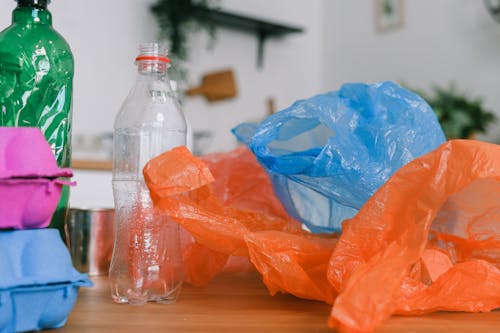
California, New York, and several other states have banned single-use plastic bags in grocery stores, citing environmental damage and ocean pollution. Meanwhile, in states like Arizona and Texas, lawmakers have passed laws preventing local governments from enacting such bans. In fact, some cities that tried to restrict plastic bags were forced to reverse course. At the federal level, there’s no comprehensive policy on plastic waste from retail bags.
It’s a battle of convenience versus conservation. Environmentalists call it a necessary step toward sustainability. Opponents say it punishes consumers and small businesses. Nationally, the conversation hasn’t gained much traction, even as microplastics become a global issue.
This post 8 Things That Get Banned in One State, Celebrated in Another, and Ignored Nationally was first published on American Charm.


